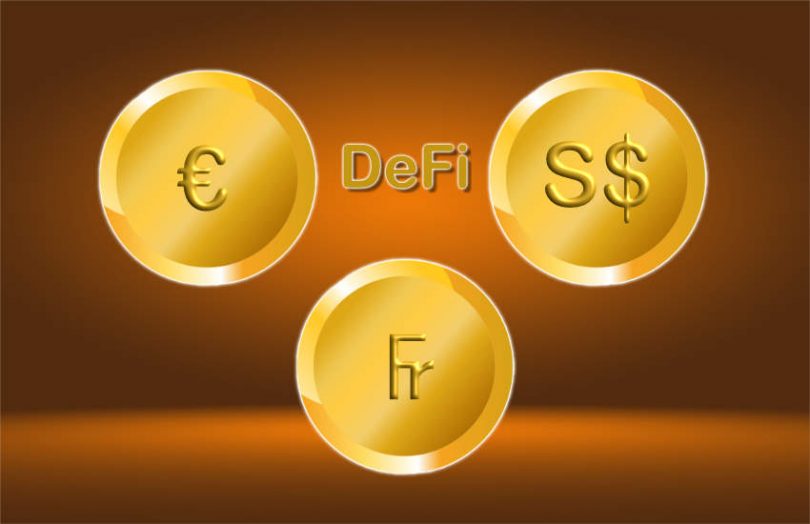Today the BIS Innovation Hub announced Project Mariana, a new research initiative exploring DeFi. The participants include the Banque de France, the Monetary Authority of Singapore (MAS) and the Swiss National Bank. It will use automated market makers (AMM) for foreign exchange as part of cross border payment trials using wholesale central bank digital currency (CBDC).
In conventional exchanges, there are market makers with order books. In contrast, most decentralized exchanges use AMMs based on algorithms to automate trading with liquidity pools replacing market makers. A key advantage is the potential for 24/7 trading.
In July last year, MAS and the Banque de France used an AMM supplied by JP Morgan’s Onyx blockchain unit for cross border CBDC tests.
Institutional interest in decentralized exchanges (DEX) and DeFi is increasing. For example, today MAS announced the results of a DeFi pilot on a public blockchain. Yesterday Nomura invested in a DEX infrastructure that does not use AMMs.
Some in the DeFi community have started to question AMMs. That’s partly because arbitrageurs play a significant role in attaining price equilibrium, and as a result, the bid/ask spread can be larger than on centralized exchanges. Additionally, DeFi liquidity pools need significant liquidity otherwise, they can be prone to manipulation.
The adoption of automated market makers on public blockchain was partly motivated by high blockchain gas costs, which would make it expensive to update order books.
AMM is just one aspect of Project Mariana. The project aims to:
- explore AMMs for wholesale CBDC
- investigate a supra-regional network for cross border settlement
- research wCBDC governance models.
There are now several multi-CBDC initiatives, including Project MBridge involving the central banks of China, Hong Kong, UAE and Thailand, and Project Dunbar with the central banks of Singapore, Malaysia, South Africa and Australia.






